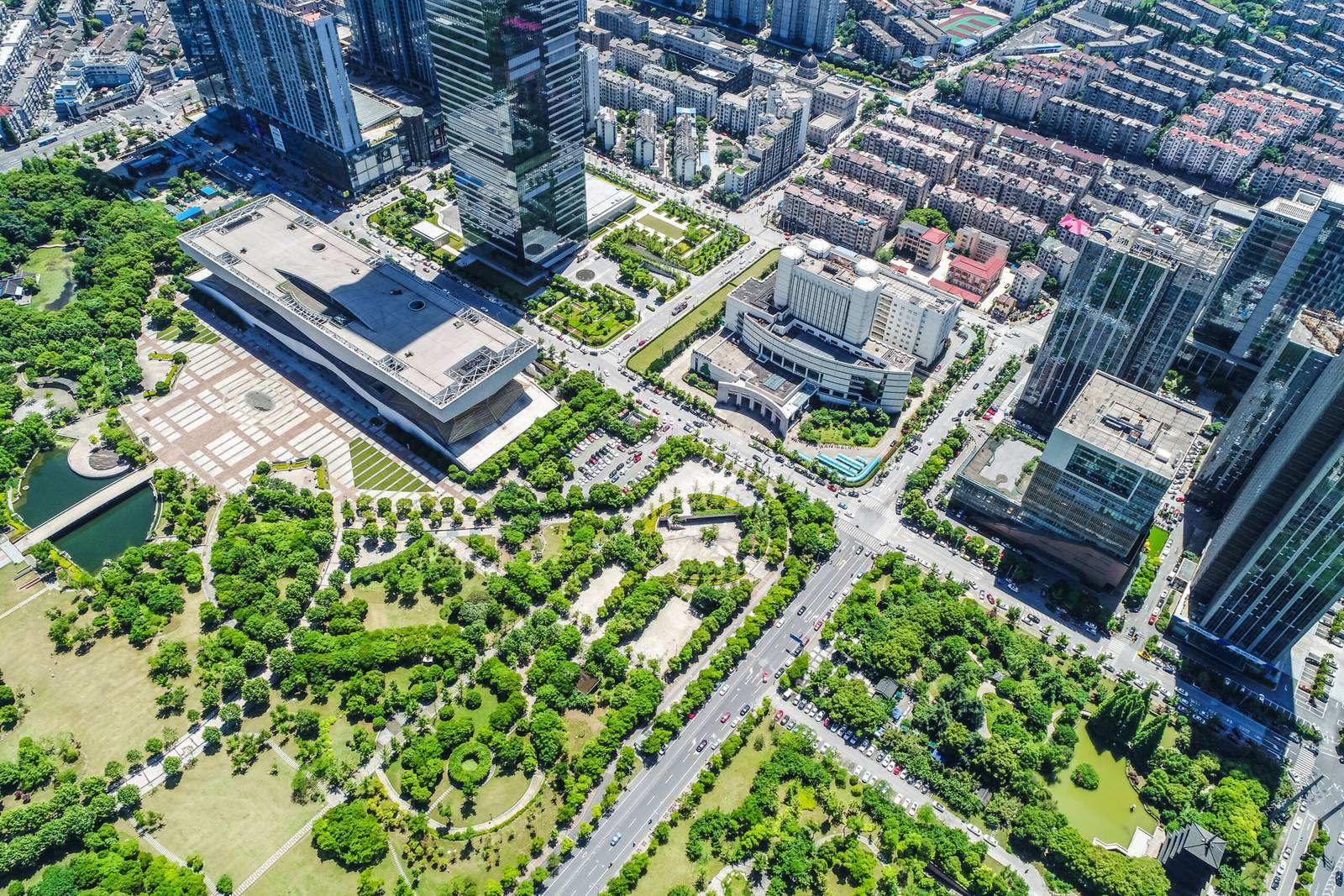Smart Cities: Tech for Sustainable Urban Living

by Web Digital
The concept of smart cities has gained momentum in recent years as urbanization accelerates globally. Smart cities harness technology to improve efficiency, sustainability, and the overall quality of life for residents. This article explores the key components of smart cities, the technologies driving their development, and the potential benefits and challenges associated with this transformative approach to urban living.
Defining Smart Cities
Smart cities integrate cutting-edge technologies and data-driven solutions to enhance urban living. These cities leverage the Internet of Things (IoT), artificial intelligence (AI), and advanced connectivity to optimize various aspects of daily life, including transportation, energy usage, waste management, and public services.
Key Technologies Driving Smart Cities
IoT Infrastructure:
Smart cities rely on a vast network of interconnected devices and sensors that collect real-time data. These devices include smart meters, environmental sensors, and intelligent infrastructure, creating a web of information to inform decision-making.
Data Analytics and AI:
The collected data is analyzed through AI algorithms to derive meaningful insights. AI helps optimize traffic flow, energy consumption, and public services, leading to more efficient resource allocation.
Sustainable Energy Solutions:
Smart cities prioritize renewable energy sources, integrating solar panels, wind turbines, and energy-efficient technologies to reduce carbon footprints and enhance energy sustainability.
Intelligent Transportation Systems:
Advanced transportation solutions include smart traffic management, predictive maintenance for public transit, and the development of autonomous vehicles, reducing congestion and improving overall mobility.
E-Governance and Citizen Engagement:
Digital platforms enable citizens to engage with local governance, providing feedback and participating in decision-making processes. This fosters transparency and inclusivity in city management.
Benefits of Smart Cities
Environmental Sustainability:
Smart cities prioritize eco-friendly practices, reducing energy consumption, minimizing waste, and promoting sustainable transportation options. This contributes to a healthier environment and a lower ecological impact.
Efficient Resource Management:
The use of data analytics optimizes the allocation of resources, such as water, electricity, and public services, leading to cost savings and improved efficiency.
Enhanced Quality of Life:
Smart cities aim to create a more comfortable and convenient living environment. Intelligent infrastructure, responsive public services, and improved mobility contribute to an enhanced quality of life for residents.
Economic Growth and Innovation:
The deployment of smart technologies fosters innovation and attracts businesses, leading to economic growth. The creation of a tech-savvy ecosystem encourages entrepreneurship and job opportunities.
Challenges and Considerations
Privacy and Security Concerns:
Safeguarding sensitive information and ensuring robust cybersecurity measures are crucial for the successful implementation of smart city initiatives.
Infrastructure Investment:
The transformation into a smart city requires significant financial investment. Governments and stakeholders must carefully consider funding models and ensure that the benefits outweigh the costs.
Digital Inclusion:
Bridging the digital divide is essential to ensure that all citizens can benefit from smart city initiatives. Efforts should be made to provide access to technology and digital literacy training for all residents.
Interoperability and Standardization:
The integration of diverse technologies from different vendors poses challenges in terms of interoperability and standardization. Establishing common frameworks is essential for seamless connectivity and collaboration.
Future Outlook
As technology continues to advance, the smart city concept is expected to evolve further. Emerging technologies such as 5G, blockchain, and augmented reality are likely to play pivotal roles in shaping the future of smart urban living. Collaboration between governments, private sectors, and communities will be crucial for overcoming challenges and realizing the full potential of smart cities.
Conclusion
Smart cities represent a bold and innovative approach to urban development, leveraging technology to create more sustainable, efficient, and livable environments. As cities around the world embrace the smart city concept, it is essential to address challenges and ensure that these initiatives benefit all residents. The journey towards smart urban living is a dynamic and ongoing process, promising a future where technology enhances every facet of city life.
Recommended Posts

Web Design Portfolio Tips for Canadian Freelancers
September 27, 2025

The Cost of SEO Services in Canada
September 27, 2025

How to Use Google Business Profile for Local SEO
September 26, 2025
